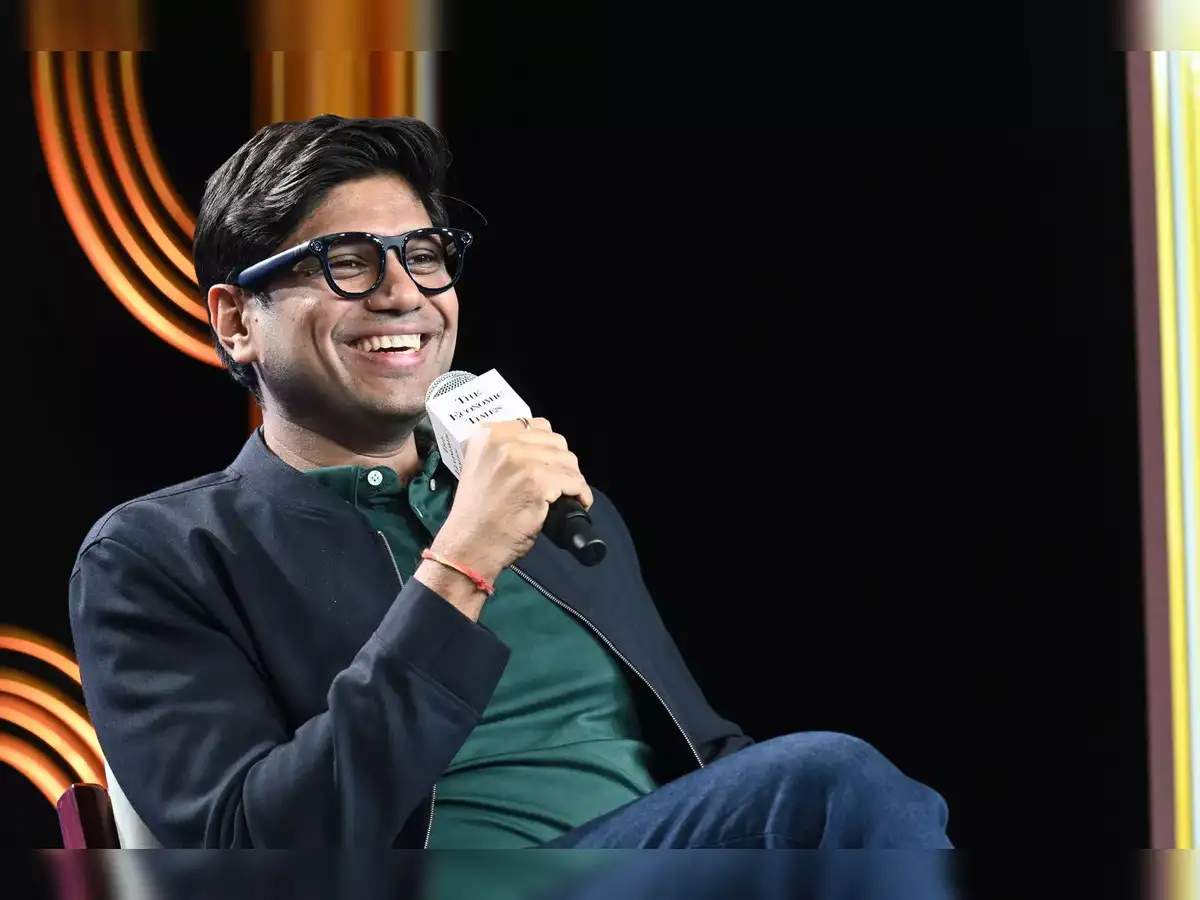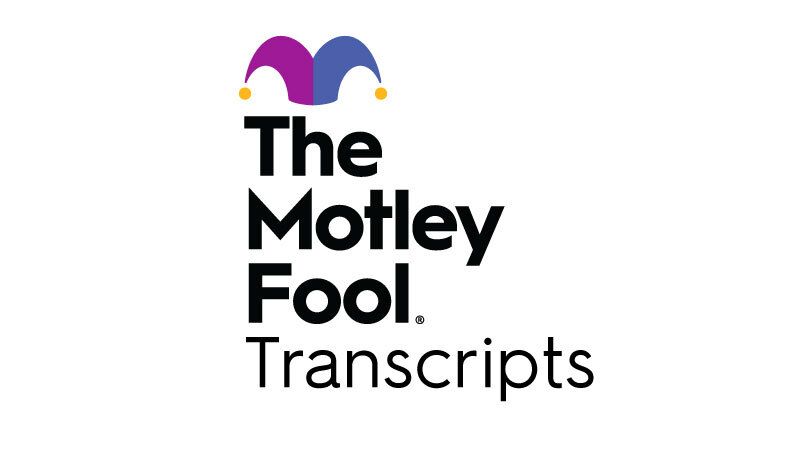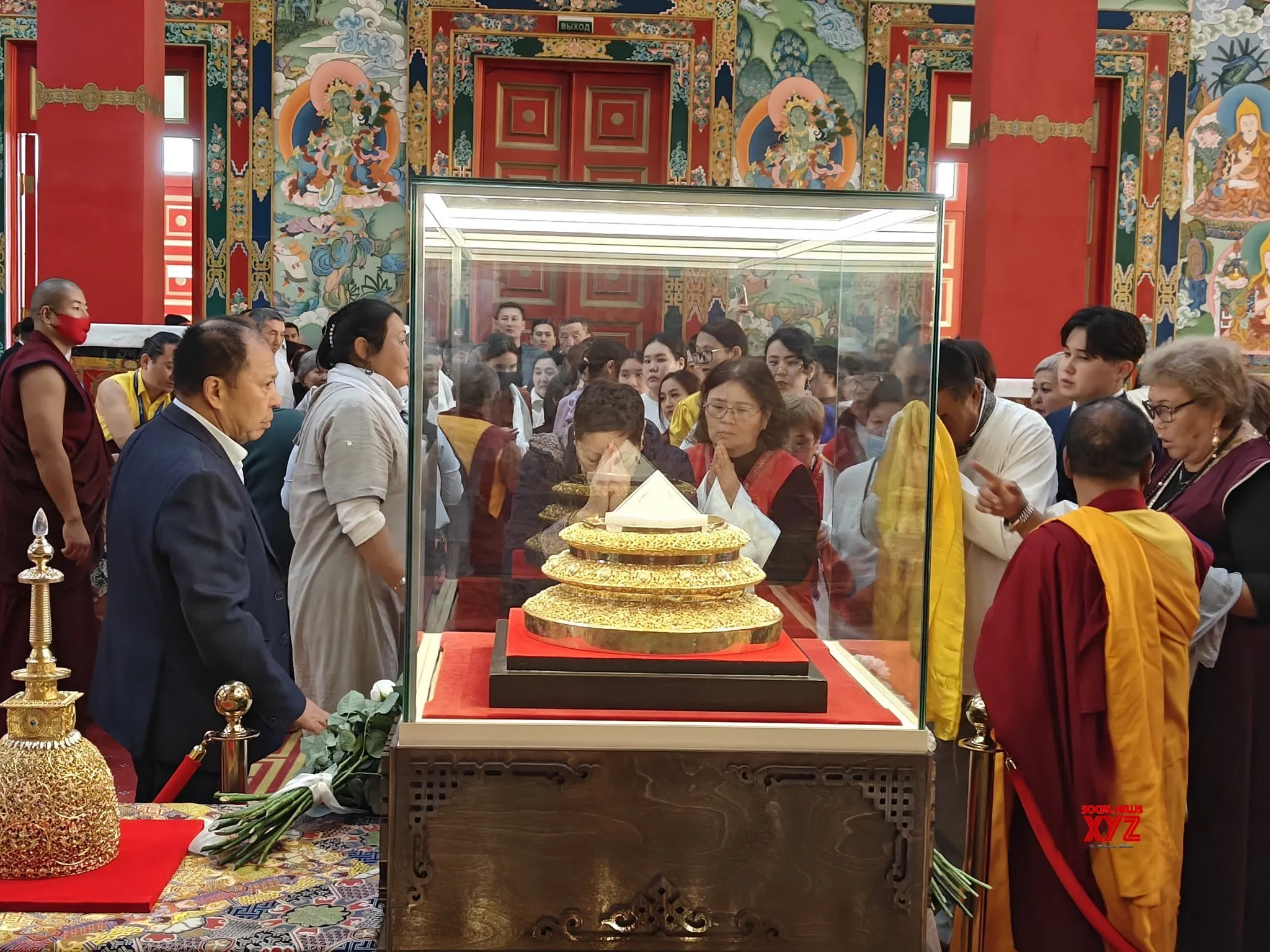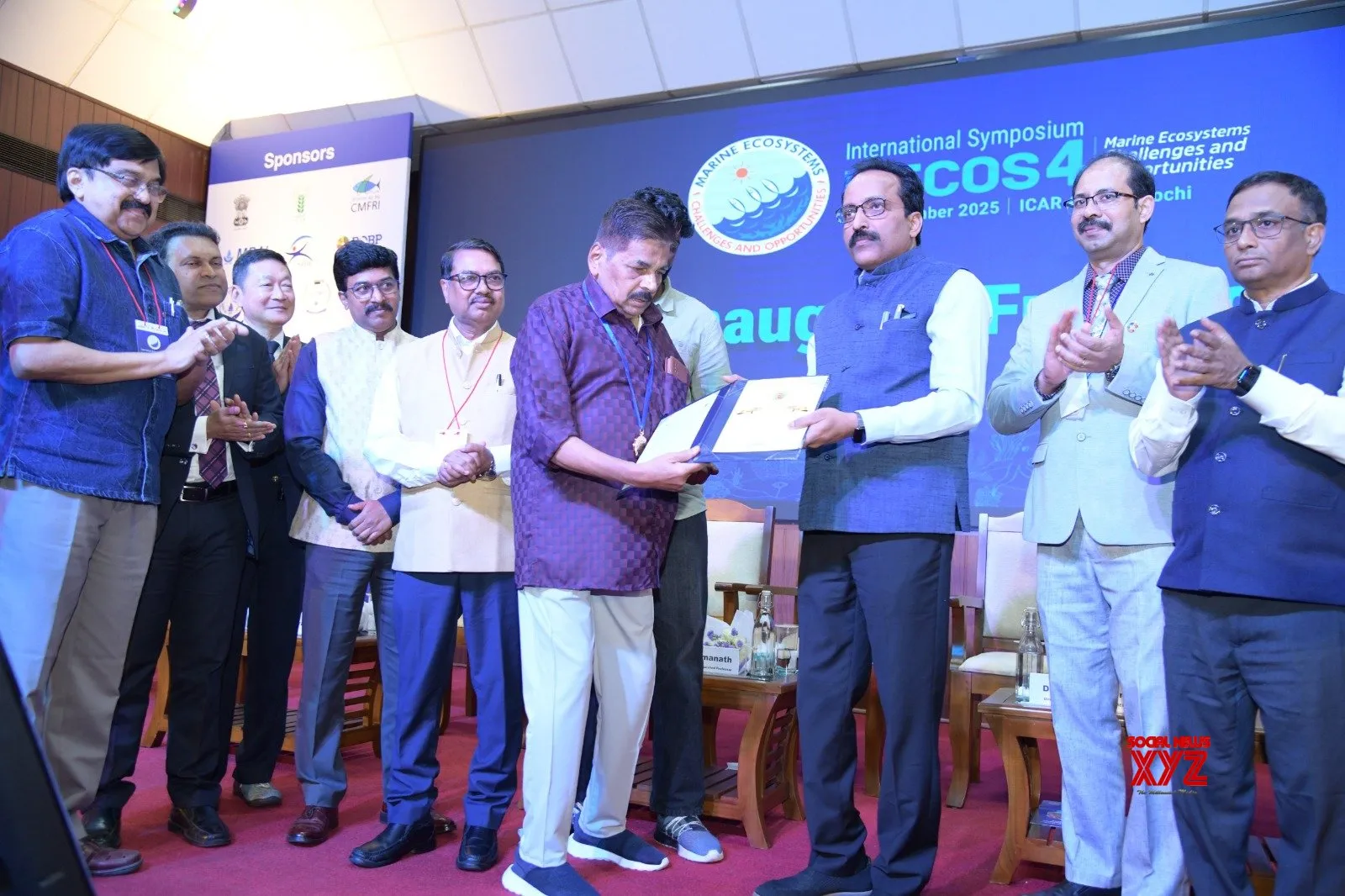Copyright indiatimes

Omnichannel eyewear retailer Lenskart has opened up its smartglass platform to independent developers and consumer apps to build India-specific use cases, according to people aware of the matter. Internally, the smartglass project is known as ‘B by Lenskart’.Under this initiative, Lenskart will make its artificial intelligence (AI) and camera technology available to consumer apps and platforms such as Zomato, Swiggy, BookMyShow, and more, along with Indian developers, to enable integration across categories.Lenskart’s smartglasses allow users to capture images and videos, do live translation, and make UPI payments, among other features. Last month, the company integrated UPI payments with its smartglasses. This lets users complete transactions by scanning a QR code with their smartglasses, without the need for a phone or a pin.The platform, which is built on Google’s Gemini 2.5, is expected to be launched next month. Existing players in the smartglasses market include Meta’s Ray-Ban Smart Glasses and Amazon Echo Frames. In September, Reliance Industries also announced JioFrames — a smartglasses platform that featured an AI voice assistant that supports multiple Indian languages.Lenskart declined to comment on the development.Earlier this year, Lenskart had launched Bluetooth-enabled “Phonic” smartglasses in partnership with Qualcomm. “...they’ve done well,” said Bansal, in a conversation with ET on October 27. “The next version with a camera and video capability is in production. We see smart eyewear as the next extension of the smartphone.”Lenskart has also made a series of investments in AI, XR, and computer vision startups over the past year. This includes a strategic investment made by the company in augmented reality startup AjnaLens earlier this year.“In the past, the Indian electronics and wearables ecosystem mostly comprised importers. We were importing software, hardware, and firmware initially. Then we started writing some software. The easier choice is to import everything and then write the top layer. The tougher choice was to put together an engineering team that would work on the full stack — hardware and firmware — and have control of data. We don’t want to be just distributors of glasses and have someone else doing the tech and taking the data,” Bansal had said on October 31, while speaking at The Economic Times Startup Awards event.Lenskart’s IPO closed on Tuesday, with bids totalling 28.26 times the number of shares on offer, driven by qualified institutional buyers (QIBs) and non-institutional investors (NIIs). According to BSE data, the IPO received bids for 2,818.8 million shares against 99.7 million shares on sale.The Rs 7,300 crore IPO, which opened for subscription on October 31, is scheduled to debut on the stock exchanges on November 10.



